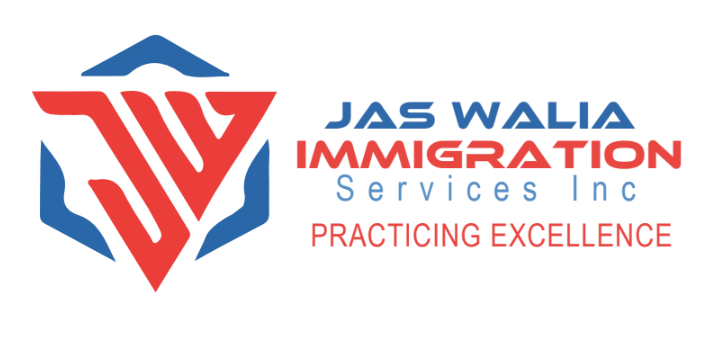Student
Canada has a lot to offer as one of the most popular student destinations in the world. Students from all over the world come to study at its prestigious universities in a variety of disciplines. Canadian universities are known for their strong infrastructure, cutting-edge curriculum, and vast campuses.
Students can engage with Y-Axis to improve their prospects of studying in Canada. We assist students in locating and applying to the appropriate course and college that will act as a springboard for their worldwide career.
Why study in canada?
Canada is one of the top countries in the world to pursue higher education, attracting thousands of international students each year. The country offers internationally acknowledged world-class education. A graduate student’s research is one of the most important aspects of their education. Universities encourage students to come up with innovative research ideas, and many scholarships are awarded to students for their research projects.
✓ Affordable Education
✓ Innovative and Abundant Research Opportunities
✓ Immigration Possibilities
✓ Exciting Campus Lifestyle
✓ Exciting Campus Lifestyle
✓ Healthy and Safe Communities
✓ International students can often work while they study & Internships

Eligibility Requirement
You must get a study permit from Immigration, Refugees and Citizenship Canada as an international student (IRCC). Study permits are granted by the IRCC to eligible prospective students depending on a variety of considerations. To apply for a study permit in Canada, you must meet the following requirements:
✓ To secure a letter of acceptance from a designated learning institution (DLI) in Canada recognized by IRCC and Canadian government.
✓ To have your criminal and background record check done and obtain a police clearance certificate.
✓ To clear your medical exam.
✓ Prove that you will leave the country at the end of the studies or apply for a post graduate work permit if eligible.
✓ Prove that you have sufficient funds to cover your tuition fee and living expenses including the return transportation to your home country. The amount required varies by the number of family members. You need to have in your bank account, the tuition fee of $ 10,000 to $ 15,000 plus $10,000 for a single student for a 12 month period; $14,000 and accompanying family members add $3,000 for each additional family member.
✓ International students can often work while they study & Internships
If you qualify for a study permit, assemble all of your supporting documents and apply as soon as you receive an acceptance letter from an approved learning institution (DLI). The time it takes to get a study permit varies depending on the country you apply to. Applications can be submitted either online or on paper; however, online submission is preferred because it is faster and eliminates courier expenses and postal delivery time. You will receive a Temporary Resident Visa (TRV), an Electronic Travel Authorization (eTA), or a Letter of Introduction confirming the permit’s approval, depending on your country of residence. You can produce these documents to an immigration officer at a Canadian port of entry to obtain a legitimate study permit.
Work as a Student
Coming to Canada as an international student opens up a wide range of opportunities for exposure and work experience in the Canadian labour market. Depending on where you are in your studies, you have a variety of career opportunities.
On-Campus:
You are permitted to work on campus for up to 20 hours per week without obtaining a work permit. However, before you begin working, you must obtain your Social Insurance Number (SIN).
Off-Campus:
As a full-time foreign student, you can work part-time (20 hours per week) for any employer outside of campus and full-time (37.5 hours) during your semester breaks. To work off campus, you’ll need an open work permit. This employment experience, however, will not be taken into account for future immigration applications.
Internship / Co-op:
You can apply for a co-op work permit if your programme of study involves an internship or co-op. The co-op work permit prevents the applicant from working at any other location that is not related to your study.
Post Graduate Work Permit:
You are eligible to apply for a post graduate work visa if you have completed your degree, diploma, or certificate from a designated learning institution (DLI) (PGWP). This PGWP permits you to work full-time for any company for a set length of time. This is a non-restricted work permit. The length of your work permit is determined by the length of your full-time studies. For example, a one-year programme will receive a one-year PGWP, whereas a two- or three-year programme will receive a three-year PGWP. Work experience earned on a PGWP may aid your application for permanent immigration in Canada through the Canadian Experience Class (CEC) and Provincial Nominee Programs of Express Entry (PNPs).
Dependent Work Permit:
If you are studying in Canada with your spouse, they are eligible for an open work permit.
Meet Our Professionals
Jaskaran Ahluwalia
RCIC , Managing Director
federal student loans, discover student loans, student aid bc, student accessibility services, bcu student portal, student credit cards canada, canada student loans, student exchange programs canada

